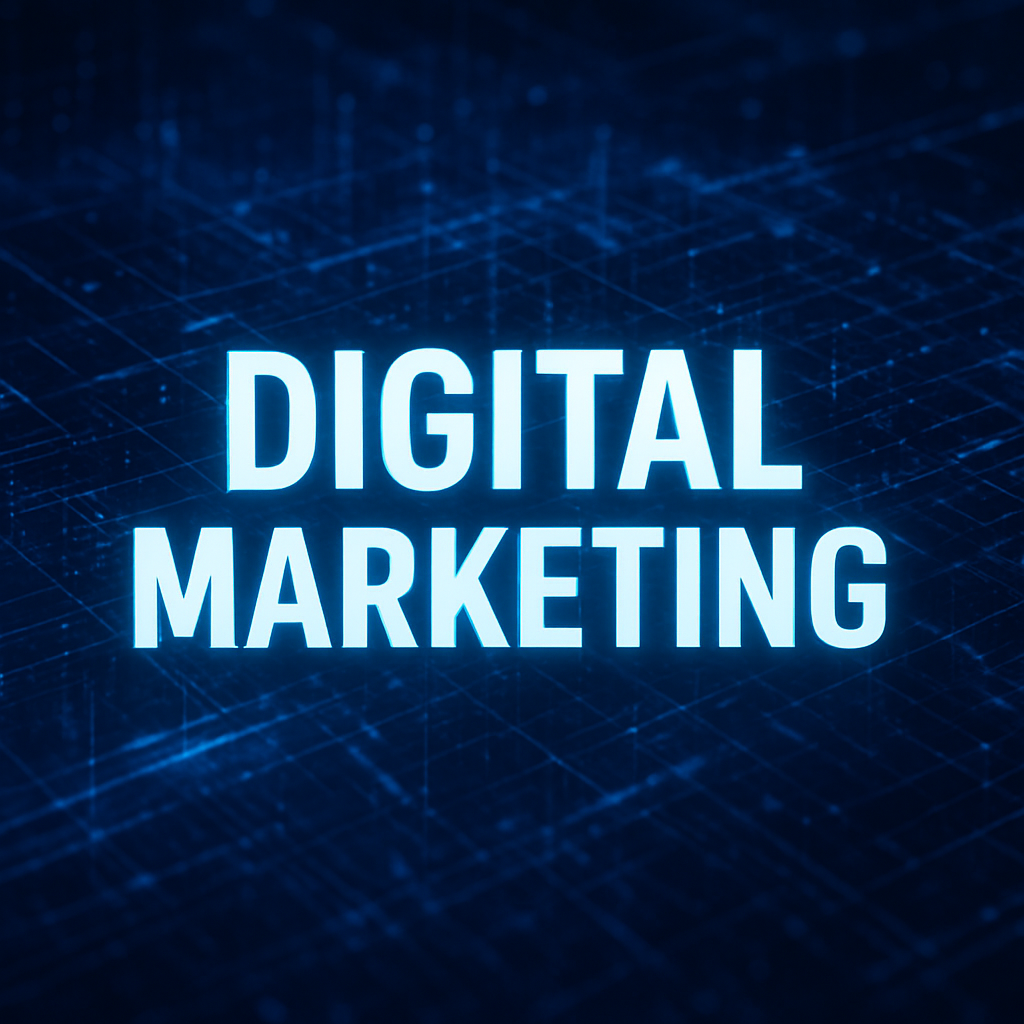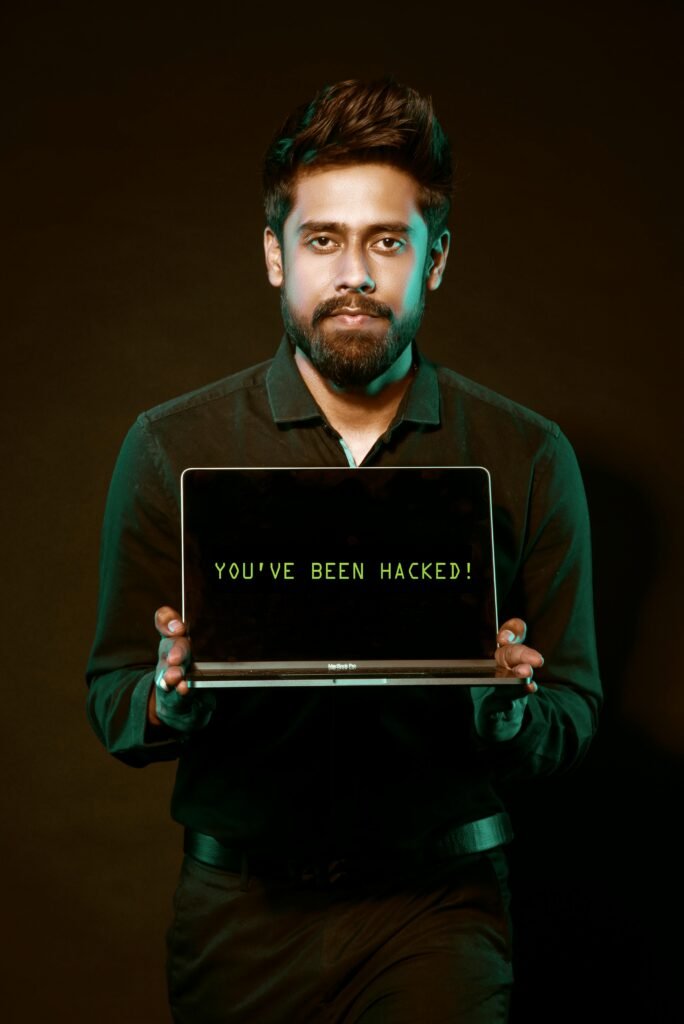
Not too long ago, “being good with computers” simply meant knowing how to send emails or create a PowerPoint. But today, almost every task we do at work — whether it’s planning a project, sharing updates, or talking to customers — has a digital element attached to it.
The modern workplace runs on technology, and the employees who grow the fastest are the ones who adapt to it. The good news? Most digital skills are easier to learn than people think. You don’t need to be a tech genius… just someone who’s curious, open to learning, and willing to try new tools.
Let’s break down the top digital skills every employee should have today, explained in a way that actually feels relatable.
1. Being Digitally Comfortable (Not Just Literate)

You know that feeling when someone sends you a link, and you have no idea where it’s going to open? Or when you’re trying to find a file that seems to have disappeared into the cloud?
Basic digital comfort means you can navigate tools confidently without feeling lost.
This includes things like:
- Knowing how to use Google Drive or OneDrive
- Editing a shared document without worrying you might “break” something
- Understanding simple troubleshooting (like reconnecting Wi-Fi or updating software)
It sounds small, but this is the foundation of almost every job today.
2. Understanding Data (Even if You’re Not a Numbers Person)
Data sounds scary to many people. But at its core, data literacy is simply about spotting patterns and making sense of the information in front of you.
For example:
If you work in sales, data tells you which products are performing the best
If you’re in HR, data shows you employee trends
If you’re in marketing, data tells you which content is working
Everyone looks at data — we just don’t always realize it. Being able to read a dashboard or make decisions based on simple numbers can put you miles ahead.

3. Digital Communication Skills

The way we talk at work has changed. Most conversations now happen through email, WhatsApp groups, Slack channels, or quick video calls.
Good digital communication means:
Writing messages that are clear and to the point
Knowing when to use email vs. chat vs. calls
Being polite and professional even when the conversation is virtual
Understanding what’s appropriate to share online
It’s basically the new version of “good office etiquette.”
4. Cybersecurity Habits That Actually Stick
A lot of people think cybersecurity is solely an IT department’s headache. But honestly, one careless click on a phishing link can put an entire company at risk.
Every employee should know the basics:
How to spot suspicious emails
Why strong passwords matter
Which links not to click
- How to protect confidential files
These small habits make a big difference — and they’re incredibly simple to learn.

5. Comfort With Cloud Tools

Think of cloud tools as the modern office drawer — except it’s never messy and never runs out of space.
Employees today need to know how to:
Join and host video calls
Share files with teammates
Manage tasks on tools like Trello or Asana
- Work on documents together without confusion
Hybrid and remote work aren’t going anywhere, so this skill is becoming as basic as knowing Excel used to be.
6. Basic Design & Presentation Sense
Think of cloud tools as the modern office drawer — except it’s never messy and never runs out of space.
Employees today need to know how to:
Join and host video calls
Share files with teammates
Manage tasks on tools like Trello or Asana
- Work on documents together without confusion
Hybrid and remote work aren’t going anywhere, so this skill is becoming as basic as knowing Excel used to be.

7. Awareness of Digital Marketing

No matter what role you’re in, it helps to understand how your company gets visibility online.
This doesn’t mean running ads — it simply means knowing:
How SEO works in simple terms
Why social media matters
What good content looks like
How customers behave online
It gives you a clearer picture of how the business grows, which makes you a smarter contributor overall.
8. Using Automation & AI Tools Wisely
AI isn’t here to replace people — it’s here to remove boring, repetitive tasks so we can focus on actual thinking.
Employees today should know how to use:
- AI writing tools
- Workflow automation tools like Zapier
- Smart features in Excel or Sheets
- AI-powered chatbots or support systems
This doesn’t just save time — it makes your work more accurate and organized.

9. Being Adaptable to New Tools

New digital tools come out every few months.
The most important skill?
Being open to learning them.
This includes:
- Figuring out interfaces
- Watching a quick tutorial
- Clicking around to explore
- Not giving up when something feels confusing
Adaptability is the real skill that keeps careers moving forward.
10. Professional Behaviour in the Digital World
Sometimes the smallest things make the biggest impact:
- Muting your mic when you’re not speaking
- Looking presentable during video calls
- Responding to messages respectfully
- Keeping work chats professional
- Not forwarding unnecessary files or messages
These simple habits create trust and improve team culture.

Final Thoughts
Digital skills are not just for people in tech roles anymore — they’re for everyone. No matter your job title, learning these skills can boost your confidence, productivity, and career opportunities.
The best part?
You don’t have to learn everything at once. Pick one skill, practice it for a week, then move to the next. Slowly, you’ll feel more in control of your digital workspace.